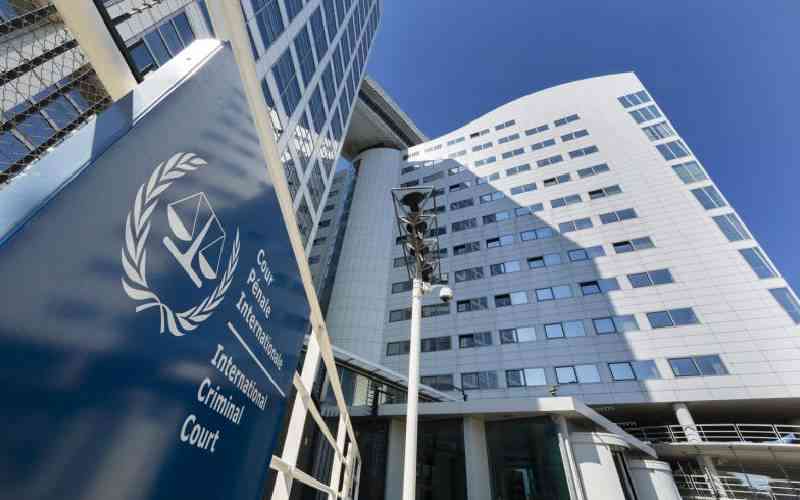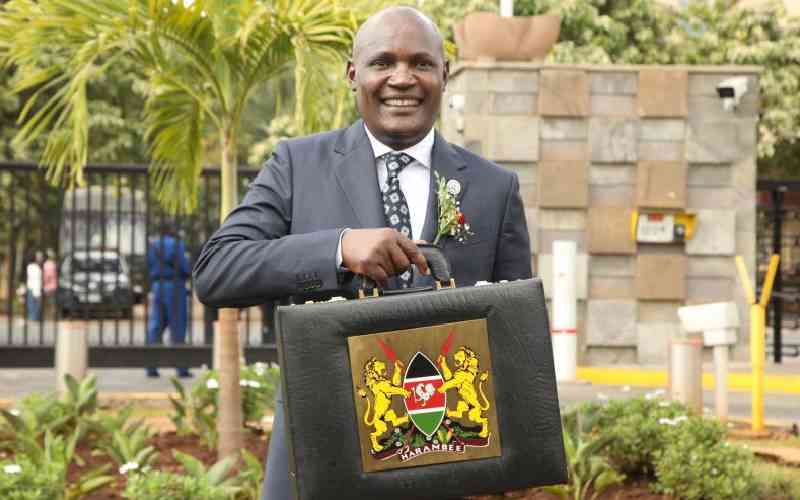×
The Standard e-Paper
Home To Bold Columnists

Rwanda is renowned for its mountain gorillas. Each year, celebrities and visitors from all walks of life pay top dollar to visit Virunga foothills in the north to give newborns names.
When I toured the famed park last year, the chest-thumping habit of these majestic creatures made quite an impression. The silverbacks often pound their chests to signify self-importance. It's simply their world.
And in our world, there's the adage of the boy who cried wolf. He fooled people into believing a wolf was mauling his sheep.







